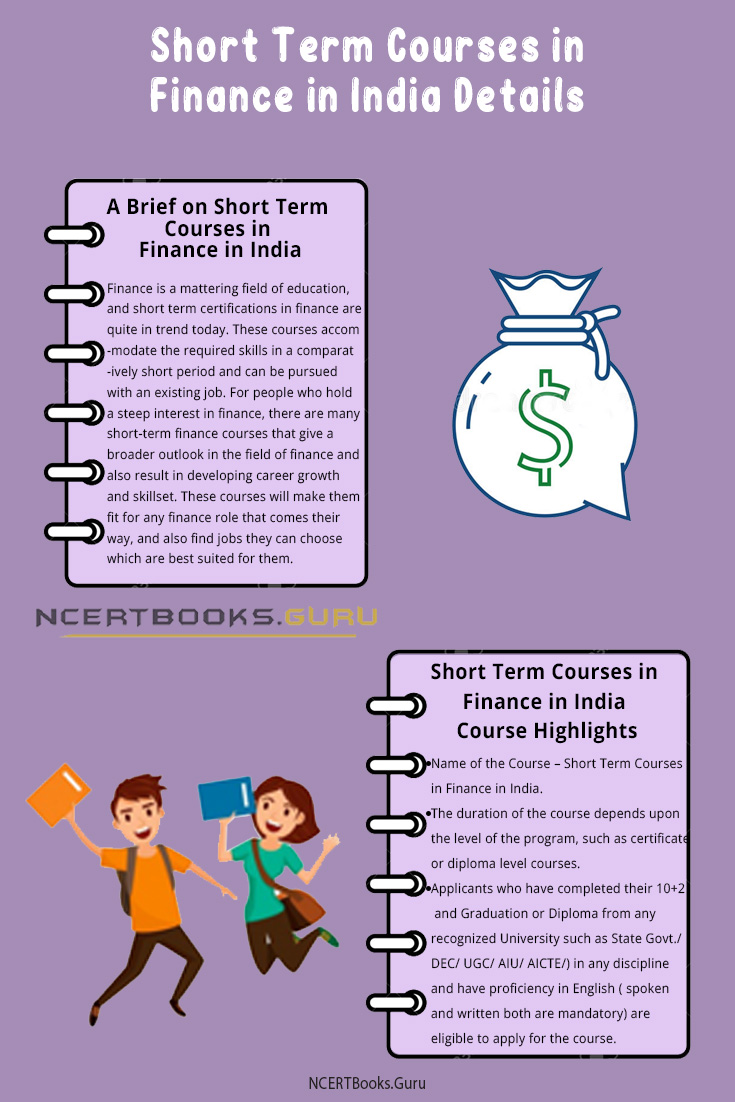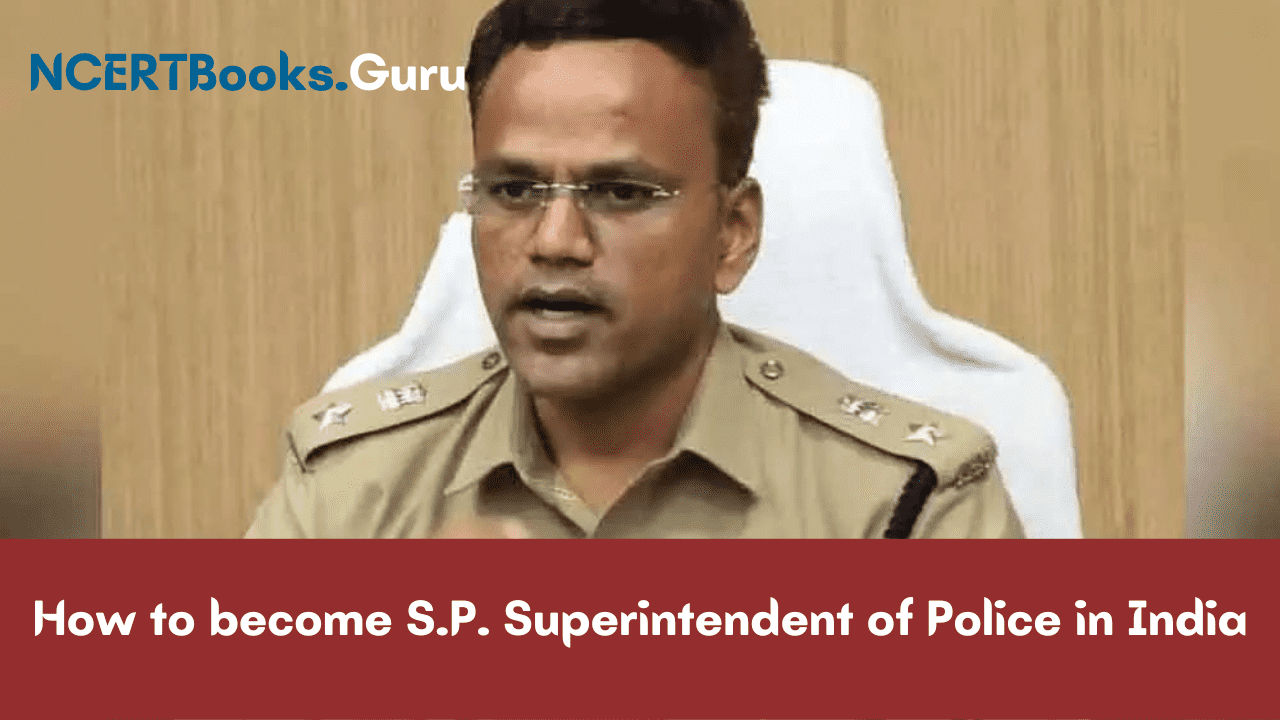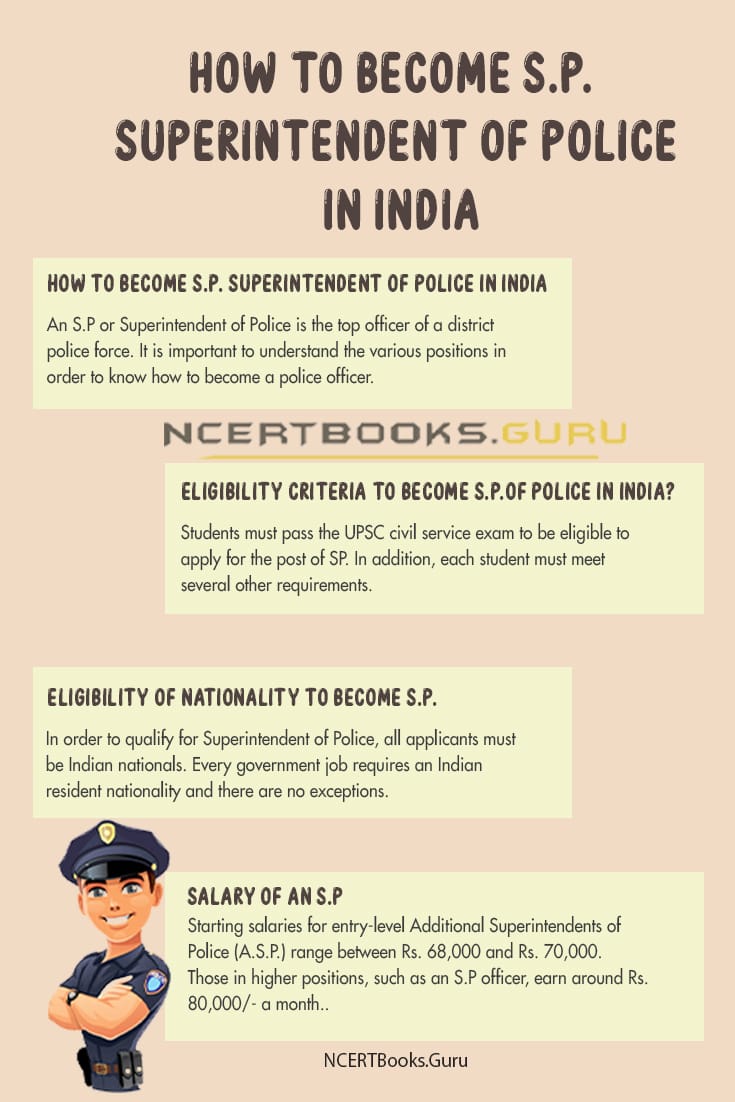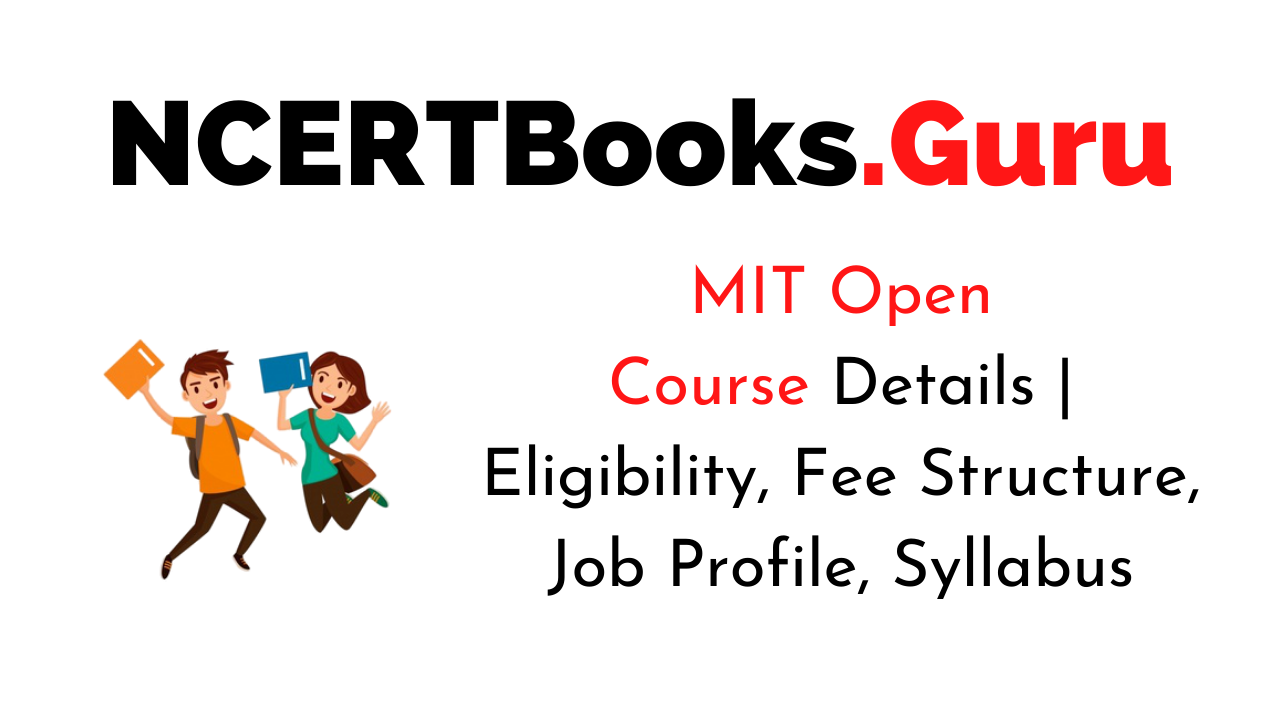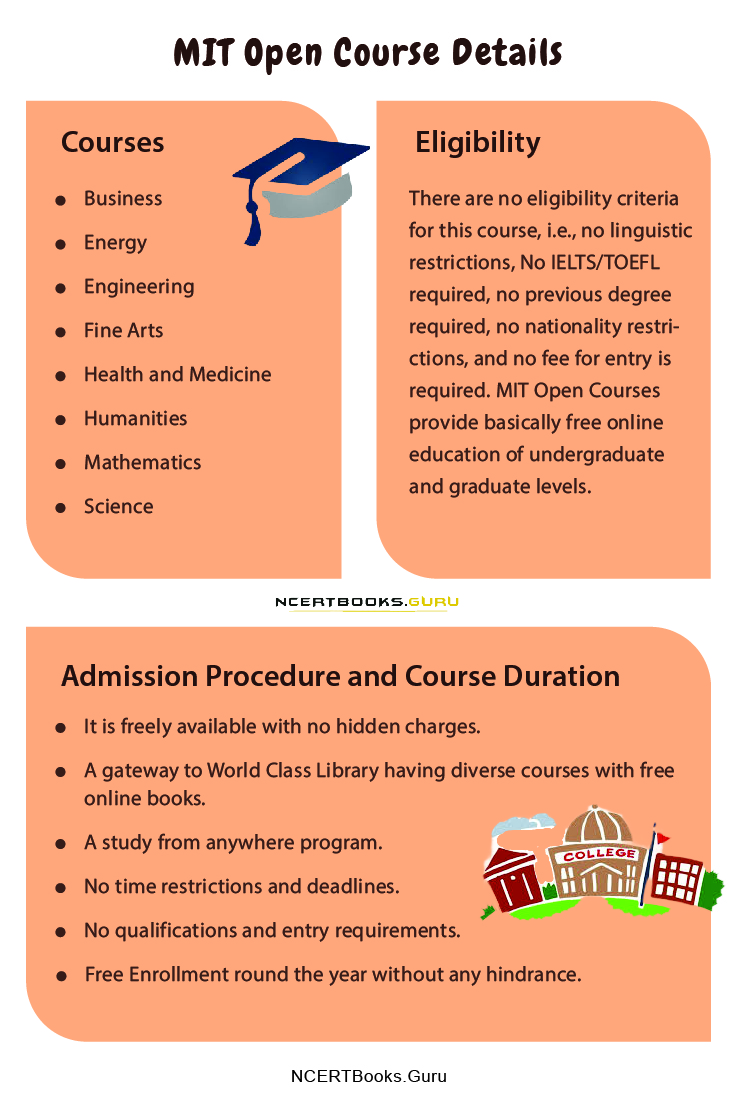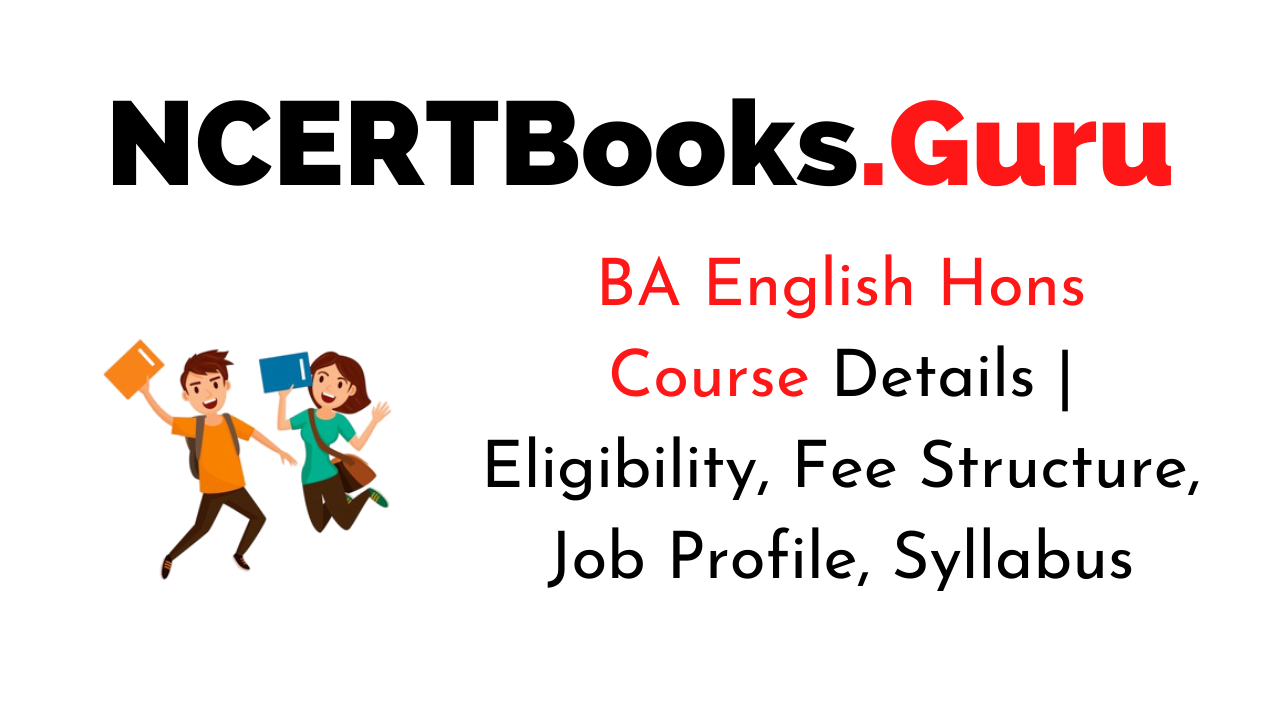Fashion Designing Course Details: Fashion Designing is a call for innovative minds with a sliver of artistic perception and glamour. Fashion Designing offers a plethora of opportunities for aspirants. Below is the recorded structure course for aspirants to pursue after twelfth or after graduation.
This report covers the overall topics like prospectus, course gradations, particulars on qualification, the confirmation process, fee structure, vocation possibilities, and Post-grad courses.
- Essential Skill Set for Fashion Designing Courses
- Fashion Designing Course Duration
- Fashion Designing Courses Eligibility Criteria
- Types Of Fashion Designing Courses
- Fashion Designing Bachelor’s Degree Course Details
- Fashion Designing Diploma Course Details
- Fashion Designing Certification Course Details
- Fashion Designing Post-Graduate Course Details
- Fashion Designing Colleges
- Fashion Designing Course Career Prospects
- Top Recruiters Under Fashion Designing Course
- What is the significance of Fashion Designing Courses?
- What are the specializations of Fashion Designing Courses?
- What are the Job Prospects of Fashion Designing?
What is Fashion Designing?
Fashion designing is an ever-changing phenomenon that combines analytical skillsets and technical perspectives to produce an aesthetic and minimal outcome. The Fashion industry has grown by leaps and bounds and offers vocational education courses for fervent aspirants.
Fashion Designing courses enable aspirants to conceptualize novel designs, design outfits of unmatched quality, and create recurring patterns to create an elaborate portfolio. Fashion designing is an integrated course that blends cultural and social values, highlighting the sustainability of innovation with economic perspectives and changing trends.
Essential Skill Set for Fashion Designing Courses
To build a good portfolio, an individual must possess the artistic and creative personality to capture the essence of aesthetics and the knack to express their ideas through well-defined sketches. Candidates who aspire to pursue a Fashion Designing program need to cultivate the below-mentioned skillset:
- Creativity and artistic taste
- Excellent observation skills and an eye to detail
- Innovative and originality
- Ability to think in three-dimensions to translate visualization into garments
- Business acumen and persuasiveness
- Sensitivity to colors, shades, and tones
- Strong Communication Skills
Fashion Designing Course Duration
Fashion Designing Bachelor’s Degree Courses are either 3-year long courses or 4-year long courses depending on the course options and are conducted in semesters. Each semester lasts for six months and comprises of 6 to 8 semesters throughout the entire class. The courses include theoretical as well as practical training.
Fashion Designing Diploma Courses fluctuate between four months to two years, depending on the course option and the institution. Fashion Designing P.G. Courses is a 2-year course that is conducted in semesters. Each semester lasts for six months and comprises of four semesters till the end of the entire class. Fashion Designing P.G. Course lasts for a brief period of six months to one year.

Fashion Designing Courses Eligibility Criteria
Candidates who wish to learn Fashion Designing must meet the required eligibility criteria to enroll in the Bachelor’s program. Candidates need to complete 10+2 qualification from any recognized educational Boards. Candidates need a minimum aggregate of 50 percent to deem eligible for this course. However, specific colleges conduct entrance examinations to remain eligible for admission. If candidates wish to pursue Fashion Designing at P.G. Level, a minimum aggregate must be obtained in the Bachelor’s Degree.
Types Of Fashion Designing Courses
In India, Fashion Designing colleges offer three primary course designs. They are
- Bachelor’s Degree courses
- Diploma courses
- Certificate courses
However, Post-grad courses remain as secondary options.
Fashion Designing Bachelor’s Degree Course Details
Candidates interested in Fashion Designing can browse through the following Fashion Designing Bachelor’s Degree. The Bachelor’s Degree offers the following course criteria options from which aspirants can select a suitable alternative.
Bachelor’s of Fashion Design – Duration 4 years
- To deem eligible, aspirants need to meet the eligibility criteria.
- Aspirants must obtain valid scores in entrance examinations like NIFT Entrance Test, AIEED, etc.
- The annual fee structure required for the Bachelor of Fashion Design course option is Rs. 3.12 lakh approximately depending on the institution.
B.Design in Fashion – Duration 4 years
- To deem eligible, aspirants need to meet the eligibility criteria.
- Aspirants must obtain valid scores in entrance examinations like DAT, LPU NEST, etc.
- The annual fee structure required for the Bachelor of Fashion Design course option fluctuates between Rs. 1.15 lakh to Rs. 1.20 lakh approximately depending on the institution.
B.Sc. in Fashion and Design – Duration 3 years
- To deem eligible, aspirants need to meet the eligibility criteria.
- The annual fee structure required for the Bachelor of Fashion Design course option fluctuates between Rs. 20,000 to Rs. 40,000 approximately depending on the institution.
B.A. in Fashion Design – Duration 3 years
- To deem eligible, aspirants need to meet the eligibility criteria.
- Aspirants must obtain valid scores in entrance examinations like the Pearl Academy entrance test or others.
- The annual fee structure required for the Bachelor of Fashion Design course option fluctuates between Rs. 30,000 to Rs. 2 lakh approximately depending on the institution
B.Sc. in Fashion and Apparel Designing – Duration 3 years
- To deem eligible, aspirants need to meet the eligibility criteria.
- The annual fee structure required for the Bachelor of Fashion Design course option fluctuates between Rs. 20,000 to Rs. 40,000 approximately depending on the institution
Fashion Designing Diploma Course Details
Fashion Designing courses offer various Diploma course options suitable for the candidates, based on their interests.
Diploma In Fashion Design
- To deem eligible, aspirants need to meet the eligibility criteria.
- The course is for one year to three years, depending on the syllabus and institution.
- The annual fee structure required for Diploma in Fashion Design course option fluctuates between Rs. 60,000 to Rs. 80,000 approximately depending on the institution
Computer-Aided Diploma in Fashion Designing
- To deem eligible, aspirants need to meet the eligibility criteria.
- The course is for four months to a year, depending on the syllabus and institution.
- The annual fee structure required for Computer-Aided Diploma in Fashion Designing course option is Rs. 75,000 approximately depending on the institution
Advanced Diploma in Fashion Design and Management:
- To deem eligible, aspirants need to meet the eligibility criteria.
- The course is for two years, depending on the syllabus and institution.
- The annual fee structure required fo Advanced Diploma in Fashion Design, and Management course option is Rs. 90,000 approximately depending on the institution
Fashion Designing Certification Course Details
Fashion Designing also offers the following short-term certification course for aspirants keen to pursue.
Certificate Course in Fashion Designing
- To deem eligible, aspirants need to meet the eligibility criteria.
- The course is for six months to a year, depending on the syllabus and institution.
- The annual fee structure required for the Certificate Course in Fashion Designing course option fluctuates between Rs. 14,000 to Rs. 60,000 approximately depending on the institution.
Read More:
Fashion Designing Post-Graduate Course Details
Candidates interested in adding two additional years to their Degree can browse through the following Fashion Designing Post-Grad courses. The Post-Grad Degree offers the following course criteria options from which aspirants can select according to their specialization.
M. Design in Fashion & Textiles
- To deem eligible, aspirants need to meet the eligibility criteria.
- The annual fee structure required for M. Design in Fashion & Textiles course option fluctuates between Rs. 97,000 to Rs. 1.39 lakh approximately depending on the institution
M.Sc. in Fashion Designing- Duration 2 years
- To deem eligible, aspirants need to meet the eligibility criteria.
- The annual fee structure required for M. Design in Fashion & Textiles course option is Rs. 1.19 lakh approximately depending on the institution
M.A. in Fashion Design – Duration 2 years
- To deem eligible, aspirants need to meet the eligibility criteria.
- The annual fee structure required for the M.A. in Fashion Design course option is Rs. 1.63 lakh approximately depending on the institution
Masters of Fashion Management – Duration 2 years
- To deem eligible, aspirants need to meet the eligibility criteria.
- Aspirants must obtain valid scores in entrance examinations like NIFT PG Entrance Test, AIEED PG Test, etc.
- The annual fee structure required for the Masters of Fashion Management course option is Rs. 3.12 lakh approximately depending on the institution.
P.G. Diploma in Fashion Design
- To deem eligible, aspirants need to meet the eligibility criteria.
- The course is for twelve months to eighteen months, depending on the syllabus and institution.
- The annual fee structure required for Computer-Aided Diploma in Fashion Designing course option fluctuates between Rs. 60,000 to Rs. 90,000 approximately depending on the institution
Fashion Designing Colleges
In India, the fashion designing colleges render the dual advantage of creative designing lessons and rich industrial exposure, which are of distinguished standard. The top ten fashion designing institutions that cater to an enriching fashion experience in India are listed below based on the NIRF rankings:
- National Institute of Fashion Technology (NIFT), Delhi
- National Institute of Fashion Technology (NIFT), Bangalore
- National Institute of Fashion Technology (NIFT), Chennai
- National Institute of Fashion Technology (NIFT), Patna
- National Institute of Fashion Technology (NIFT), Gandhinagar
- National Institute of Fashion Technology (NIFT), Hyderabad
- Pearl Academy, Rajouri Garden
- National Institute of Fashion Technology (NIFT), Kolkata
- Symbiosis Institute of Design, Pune
- Pearl Academy, Jaipur
Fashion Designing Course Career Prospects
Aspirants aiming to be a part of the fashion industry need to possess in-depth knowledge of a plethora of components such as draping, fabrics, weaves, texture, color, and awareness of the changing trends. Below mentioned are a few job prospects for eligible aspirants:
- Fashion Designer
- Fashion Marketer
- Fashion Concept Manager
- Quality Controller
- Fashion Consultant/Personal Stylist
- Technical Designer
- Fashion Coordinator
- Fashion Show Organisers

Top Recruiters Under Fashion Designing Course
Fresh graduates from Fashion Designing find themselves working as a part of well-established projects, renowned fashion designers, or for distinguished corporates. Below-mentioned is a list of a few corporates that hires fashion designing graduates:
- Arvind Garments
- Levis
- Lifestyle
- Raymonds
- Benetton
- ITC Ltd.
- Pantaloons
- Shoppers Stop
FAQ’s on Fashion Designing Course Details
Question 1.
What is the significance of Fashion Designing Courses?
Answer:
Fashion Designing courses enable aspirants to conceptualize novel designs, design outfits of unmatched quality, and create recurring patterns to create an elaborate portfolio.
Question 2.
What are the specializations of Fashion Designing Courses?
Answer:
An aspiring individual can specialize in Interior Design, Jewelry Design, Graphic Design, and Product Design over a general overview of Fashion Designing Courses.
Question 3.
What are the Job Prospects of Fashion Designing?
Answer:
A Fashion Designing graduate holds a plethora of job opportunities. An individual can start his/her Fashion firm or work with eminent Fashion Designing personalities. However, a few job prospects are Fashion Designer, Fashion Marketer, Fashion Concept Manager, Quality Controller, etc.
Summary
We hope that the information mentioned above regarding Fashion Designing courses has helped improve your understanding of the subject with in-depth knowledge.




